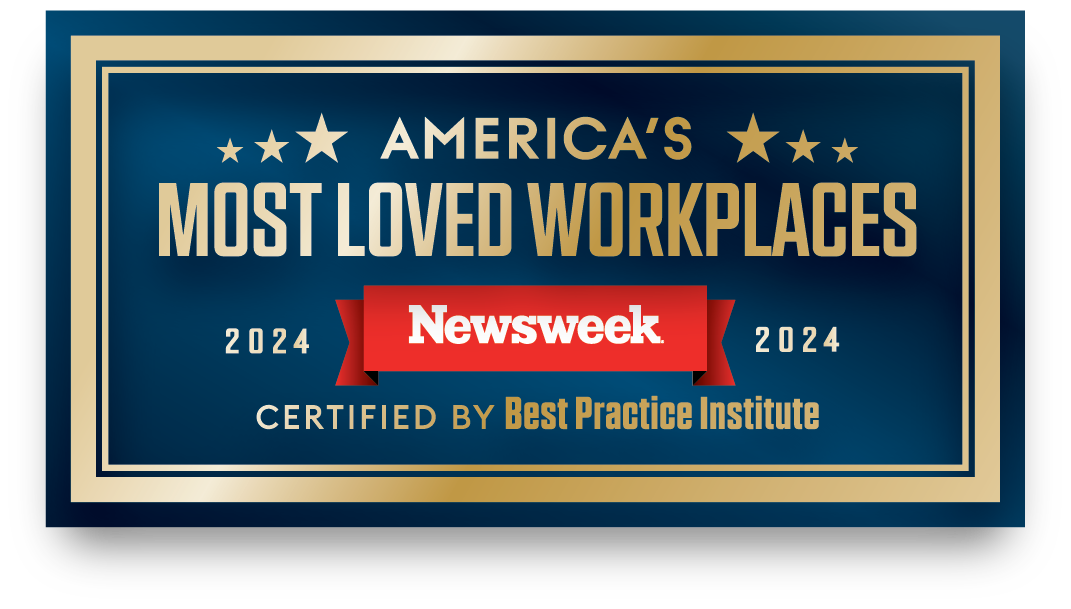Three Lower Valley dairies agree to plan to combat pollution
Source: http://www.yakimaherald.com, February 18, 2015
By: Ross Courtney
Facing more potentially negative federal court rulings, three Lower Yakima Valley dairy owners have agreed to line their manure lagoons, a costly safeguard against groundwater contamination that environmentalists have sought for years.
The dairies also have begun talking about settling the pending federal court case with the environmental groups that sued them in U.S. District Court for allegedly fouling private wells in largely low-income unincorporated areas of Yakima County with improper manure management.
The binding court agreements, called stipulations because the dairies contractually agree to them, are the latest developments in the widely watched case that could set national precedents about how large animal operations handle manure.
An attorney for one of the environmental groups considers the recently filed stipulations a victory, as well as a step toward protecting health.
“Agreement to synthetically line lagoons is an important step in stopping ongoing pollution,” said Charlie Tebbutt, the Eugene, Ore., attorney representing one of the environmental group plaintiffs, Granger-based Community Association for the Restoration of the Environment, or CARE. “There are many steps that still must be taken to properly protect our drinking water, rivers and streams.”
The dairies’ attorneys call the stipulations a shift from conflict toward good-faith negotiations and protection of public health.
“It’s a capital expenditure that the dairies have concluded is an important part of the path forward,” said Brendan Monahan, the Yakima attorney representing the three dairy families that own a total of five dairies clustered north of Granger and Sunnyside.
The dairy operators did not admit wrongdoing or give up any right to appeals in the stipulations, filed last week and earlier in the month.
The stipulations also don’t mean the lawsuit is settled. The two sides still are discussing the amount of manure the dairies spray onto corn and alfalfa fields, and compost practices, among other issues.
A bench trial is scheduled for May 11 if they don’t settle first.
The stipulations call for at least one layer of synthetic lining by Dec. 31, 2020, leaving many specifications and details for “further negotiations and agreement between the two parties.”
They will use a polymer sheet with a thickeness of 60 millimeters — a little more than 2 inches, Monahan said.
Lining manure lagoons will be expensive, though Monahan was unsure of the cost.
Dan Wood, executive director of the Washington State Dairy Federation, called liners “a monumental expense.”
Dairies use lagoons to store liquid manure until they can spray it on crops and to let solids settle to the bottom. Some dairies use liners of compacted soil or clay, while others use synthetic liners.
For example, Cow Palace keeps liquid manure in earthen impoundments spanning just over 9 acres, with a capacity of 40 million gallons, according to court documents.
The National Resource Conservation Service, a branch of the U.S. Department of Agriculture, issues guidelines about the construction of manure lagoons but does not mandate liners. The dairies have maintained that their lagoons meet the Conservation Service’s standards.
The lawsuits followed numerous studies in recent decades showing that many private, rural wells — up to 20 percent of them in some places — in the area have nitrate levels higher than federal drinking water standards. Excessive nitrates can harm infants and people with compromised immune systems, while their presence can indicate other contaminants, such as bacteria and pesticides.
In February 2013, CARE and the Washington, D.C.-based Center for Food Safety sued five dairies in U.S. District Court for open dumping under the Resource Conservation and Recovery Act, the principal federal law governing the disposal of solid waste and hazardous waste. Dairies countered that manure is a useful and valuable byproduct converted into bedding, fertilizer and compost.
One of those dairies has since gone out of business, while the two DeRuyter dairies combined last May for the purposes of the legal case. The two Bosman-owned dairies were originally sued as one entity.
On Jan. 14, U.S. District Judge Thomas Rice ruled that Cow Palace, the first dairy up for oral arguments, violated the federal solid waste law by applying manure to spray fields in excess amounts and storing manure in leaky lagoons.
Cow Palace stipulated Feb. 6 to the new terms and to provide bottled water.
Last Friday, the owners of George DeRuyter & Son Dairy and D&A Dairy, as well as Henry Bosma Dairy and Liberty Dairy, signed stipulations agreeing to the same terms, conceding that Rice would likely rule against them.
The stipulations require the dairies give out free bottled water to 25 homes not originally covered in the EPA’s agreements, Tebbutt said. That was scheduled to begin Feb. 9.
The new agreements line up with some of the provisions called for in binding consent decrees with the Environmental Protection Agency signed in 2013, Monahan said. In the decrees, the dairies agreed to dig groundwater-monitoring wells, distribute reverse osmosis filters or bottled water to some nearby residents, and test their lagoons. The agency reserved the right to mandate liners in the agreement.
Instead of testing the lagoons, the dairies now will line them, Monahan said.






